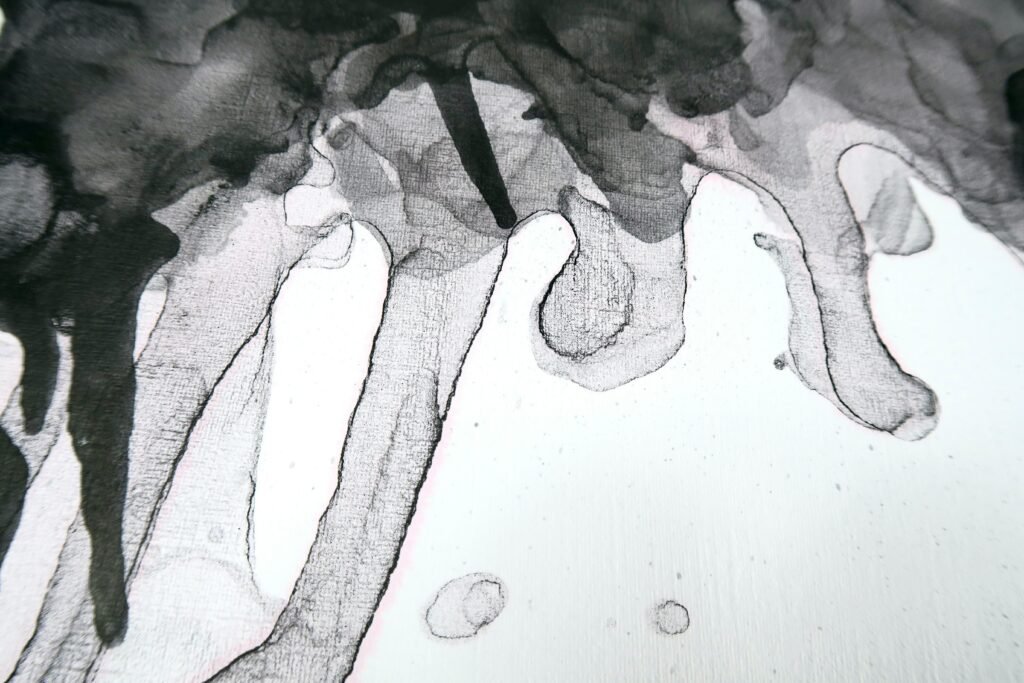Hippocampal atrophy, the shrinkage of the hippocampus—a critical brain region responsible for memory and learning—is often linked to aging, stress, neurodegenerative diseases, and poor lifestyle choices. While conventional medicine offers treatments, natural approaches can also play a significant role in slowing down, preventing, and even reversing hippocampal atrophy. This article explores some of the best natural ways to support brain health and hippocampal function.
1. Regular Physical Exercise
Exercise is one of the most powerful natural treatments for hippocampal atrophy. Studies have shown that aerobic activities can increase hippocampal volume and improve cognitive function.
Best Exercises for Brain Health:
- Aerobic exercise: Running, swimming, cycling, and brisk walking can promote neurogenesis (growth of new brain cells).
- Strength training: Lifting weights enhances blood flow to the brain, reducing neurodegeneration.
- Yoga and tai chi: These practices lower stress hormones, which contribute to hippocampal atrophy.
- High-intensity interval training (HIIT): Short bursts of intense exercise followed by rest periods can boost brain plasticity.
- Dance and movement therapy: Engaging in dance enhances coordination and activates different areas of the brain.
2. A Brain-Boosting Diet
Diet plays a crucial role in brain health. Eating foods rich in antioxidants, healthy fats, and essential nutrients can protect the hippocampus from damage.
Foods That Support Hippocampal Function:
- Omega-3 fatty acids: Found in fatty fish (salmon, sardines), flaxseeds, and walnuts, omega-3s enhance neuronal connectivity.
- Berries: Blueberries and strawberries contain flavonoids that protect brain cells from oxidative stress.
- Dark leafy greens: Spinach, kale, and Swiss chard provide essential vitamins and minerals for brain function.
- Turmeric: Curcumin, the active compound in turmeric, has neuroprotective properties and reduces inflammation in the brain.
- Dark chocolate: Rich in flavonoids, dark chocolate helps improve cognitive function.
- Fermented foods: Yogurt, kimchi, and sauerkraut support gut health, which is linked to brain function.
- Green tea: Contains L-theanine, which promotes relaxation and cognitive performance.
3. Quality Sleep and Relaxation
Sleep is essential for brain health. Poor sleep has been linked to hippocampal shrinkage and memory impairment.
Tips for Better Sleep:
- Maintain a consistent sleep schedule to regulate circadian rhythms.
- Avoid blue light exposure from screens at least an hour before bedtime.
- Use relaxation techniques such as deep breathing and meditation to enhance sleep quality.
- Ensure a dark, cool room to optimize melatonin production.
- Try aromatherapy with lavender or chamomile to improve sleep onset and quality.
4. Mindfulness and Meditation
Mindfulness meditation has been shown to increase hippocampal volume and improve cognitive function. It reduces stress-related damage by lowering cortisol levels, which can contribute to hippocampal atrophy.
How to Practice:
- Start with 10-15 minutes of meditation daily.
- Focus on your breath and let thoughts pass without judgment.
- Use guided meditation apps for structured sessions.
- Incorporate mindfulness in daily activities such as eating, walking, or deep breathing.
5. Brain Training and Cognitive Stimulation
Keeping your brain engaged can help slow down hippocampal atrophy and improve cognitive abilities.
Activities for Brain Stimulation:
- Puzzles and brain games: Sudoku, crossword puzzles, and memory games keep the mind sharp.
- Learning a new skill: Playing an instrument, learning a new language, or taking up a new hobby can create new neural connections.
- Reading and writing: Engaging with books, articles, or journaling stimulates brain activity.
- Virtual reality brain training: Some VR apps are designed to enhance neuroplasticity and cognitive flexibility.
6. Stress Reduction and Emotional Well-being
Chronic stress releases excessive cortisol, which damages hippocampal neurons. Managing stress is essential for protecting brain health.
Effective Stress-Reduction Techniques:
- Spending time in nature lowers stress and boosts mental clarity.
- Social connections help prevent cognitive decline by stimulating brain activity.
- Journaling helps process emotions and reduce anxiety.
- Laughter therapy stimulates the brain and reduces stress hormones.
- Acupuncture and massage therapy promote relaxation and brain circulation.
7. Delta-11 Gummies and Hippocampal Health
One emerging natural option for brain health is Delta-11 THC, a cannabinoid known for its mild psychoactive effects and potential neuroprotective benefits. Delta-11 interacts with the endocannabinoid system, which plays a role in regulating stress, memory, and neuroplasticity.
How Delta-11 Gummies May Help:
- Reduces stress and anxiety: By lowering cortisol levels, Delta-11 can help prevent stress-induced hippocampal damage.
- Enhances sleep quality: Better sleep contributes to memory consolidation and brain repair.
- Supports neurogenesis: Some cannabinoids have shown potential in promoting the growth of new neurons in the hippocampus.
- Provides neuroprotection: Cannabinoids have been linked to anti-inflammatory properties that protect against neurodegeneration.
If you’re looking to try Delta-11 Gummies for brain health and relaxation, check out NexZen Extracts. Their high-quality, lab-tested Delta-11 products provide a balanced experience for both cognitive support and stress relief.
8. Supplements for Brain Health
Certain supplements can help support hippocampal health naturally.
Top Brain-Boosting Supplements:
- B Vitamins: Especially B6, B9 (folate), and B12, which help reduce homocysteine levels linked to cognitive decline.
- Magnesium: Supports nerve function and reduces brain inflammation.
- Lion’s Mane Mushroom: A nootropic that promotes nerve growth and hippocampal regeneration.
- Resveratrol: Found in red wine and grapes, it helps protect against neurodegeneration.
- Phosphatidylserine: A phospholipid that supports cell membrane integrity in the brain.
- Ginkgo biloba: Enhances blood circulation to the brain and supports memory function.
Conclusion
Hippocampal atrophy is not inevitable. By incorporating natural treatments such as exercise, a brain-boosting diet, quality sleep, stress management, and cognitive stimulation, you can protect and even enhance your hippocampal function. Additionally, Delta-11 Gummies from NexZen Extracts offer a promising, natural way to support brain health by reducing stress and promoting relaxation. Prioritize these lifestyle changes today to keep your brain sharp and resilient for years to come.



